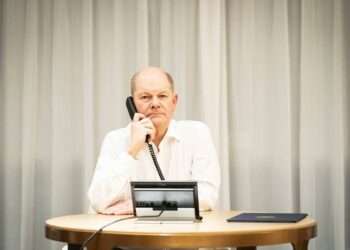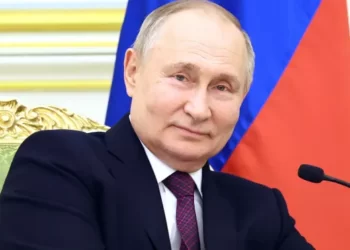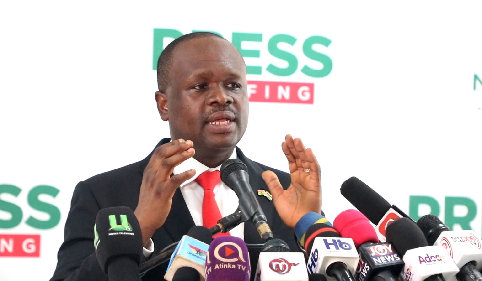Director General of the International Atomic Energy Agency (IAEA), Rafael Grossi has ruled out moves to restart the Zaporizhzhia Nuclear Power Plant (ZNPP).
“In line with the Agency’s advice, it is understood that no reactor will be restarted as long as the conflict continues to jeopardize the nuclear safety and security of the plant,” the IAEA chief said in prepared remarks for his speech at a regular meeting of the global nuclear body’s Board of Directors in Vienna.
According to Grossi, all the plant’s reactors remain in cold shutdown.
He added that the situation around the nuclear facility remains turbulent.
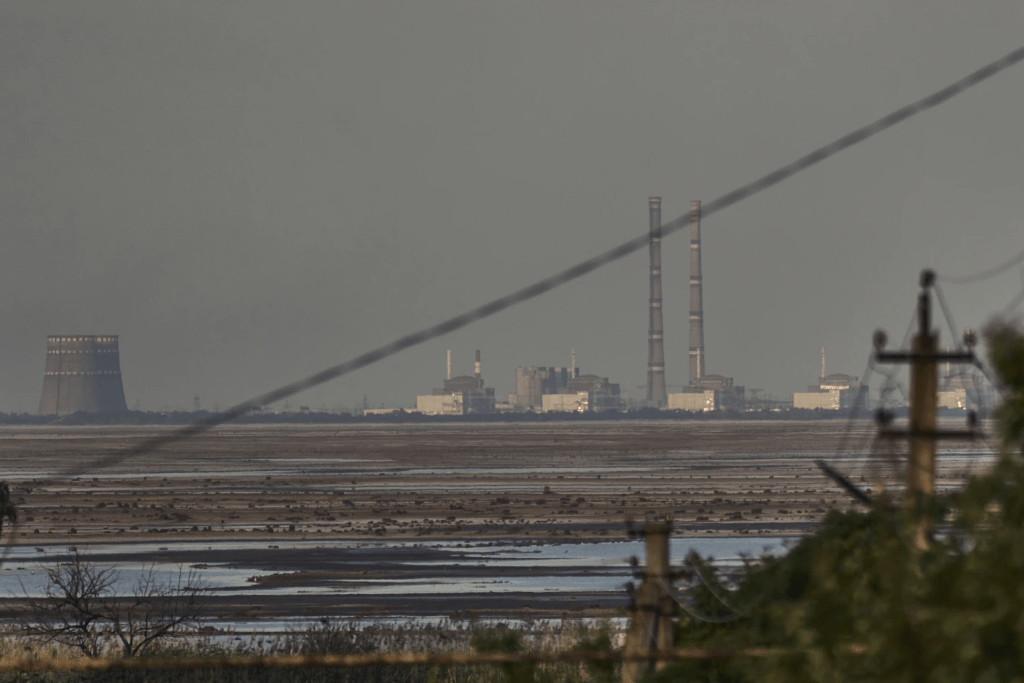
“Regular explosions, drone attacks, gunfire; repeated interruptions of external power supply, among other challenges, increase the risk of a nuclear accident,” Grossi said.
Commenting on the situation around the Kursk Nuclear Power Plant, Grossi, urged against attacking nuclear facilities.
“In late August, I visited the Kursk NPP, where the situation is serious,” he said.
According to him, preventing a nuclear accident is vital, and “attacking a nuclear power plant is unacceptable, regardless of where it is located.”
Grossi added that the agency is monitoring military actions in the Kursk Region where the nuclear facility is located.
“I appeal for maximum restraint in order to avoid a nuclear accident with the potential for serious radiological consequences,” the IAEA chief added.
He reiterated that he had recently visited Kaliningrad to discuss nuclear security with senior Russian officials.
Moreover, Grossi stated that experts of the International Atomic Energy Agency (IAEA) will be able to determine in case of a nuclear incident at the Zaporizhzhia Nuclear Power Plant whether it is related to military actions or actions of the plant’s operator.
He said this at a press conference on the occasion of the opening of the regular session of the IAEA Board of Governors in Vienna.
“I think the experts there would be in a position to say very, very clearly whether an event directly originated by an external cause or by an internal process, which is not functioning in accordance with the safety standards.”
Rafael Grossi
Grossi noted that the agency does not live up to the expectations of some people and does not hold certain parties responsible for incidents.
He emphasized that if something were to happen at the plant, it would entail “very prolonged and most probably very difficult” legal disputes over the ownership of the facility.
“As we know, in accordance with the UN and the General Conference and the Board [of Governors] resolutions, for the IAEA, this is a Ukrainian facility. But of course, there is another operator that has a different view on that,” Grossi said.
UN Rights Chief Condemns Russian Attacks On Ukraine’s Energy Facilities
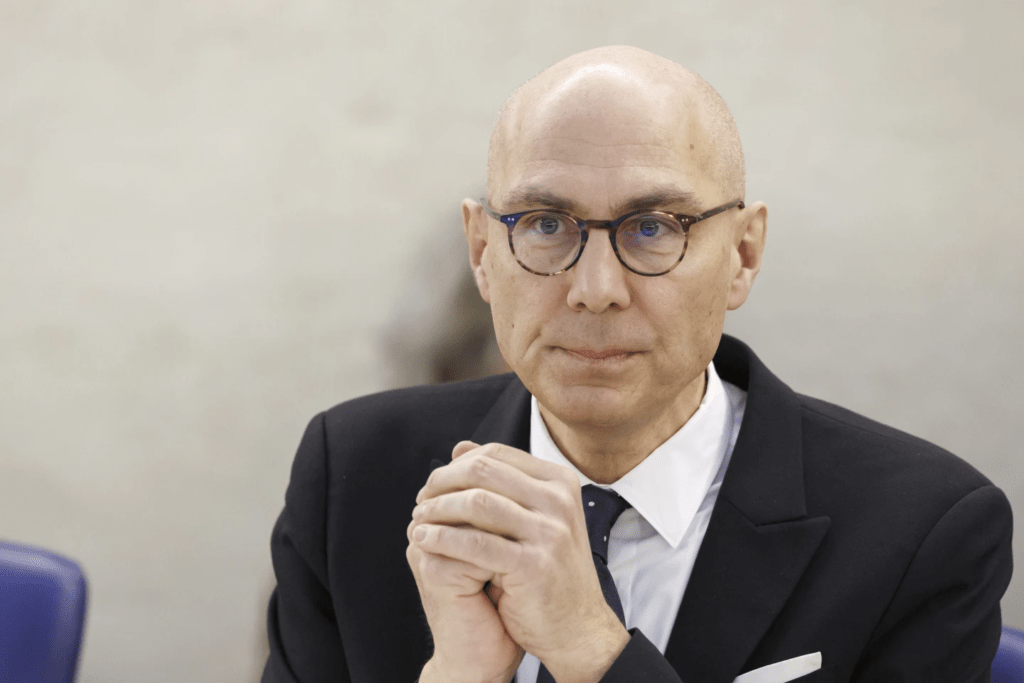
Separately, Volker Turk has slammed Russia’s repeated attacks on Ukraine’s energy facilities, expressing worry about the conditions faced by civilians in the months ahead.
The UN human rights commissioner said that Ukrainians are “trapped in cycles of terror,” through ongoing attacks by the Russian federation striking civilian facilities like hospitals, schools and supermarkets, and repeated waves of targeting of energy infrastructure leading to countrywide blackouts.
“I fear for Ukrainians this coming winter,” he told the UN Human Rights Council.
Turk added that he was also troubled by Ukraine’s incursion on Russia’s Kursk region and its impact on civilians.
His office said they had asked Russia for access to regions affected by Ukrainian attacks, including Belgorod and Briansk.
READ ALSO: Fitch’s Inflation Easing Forecast Could Mark a Significant turning Point for the GSE


